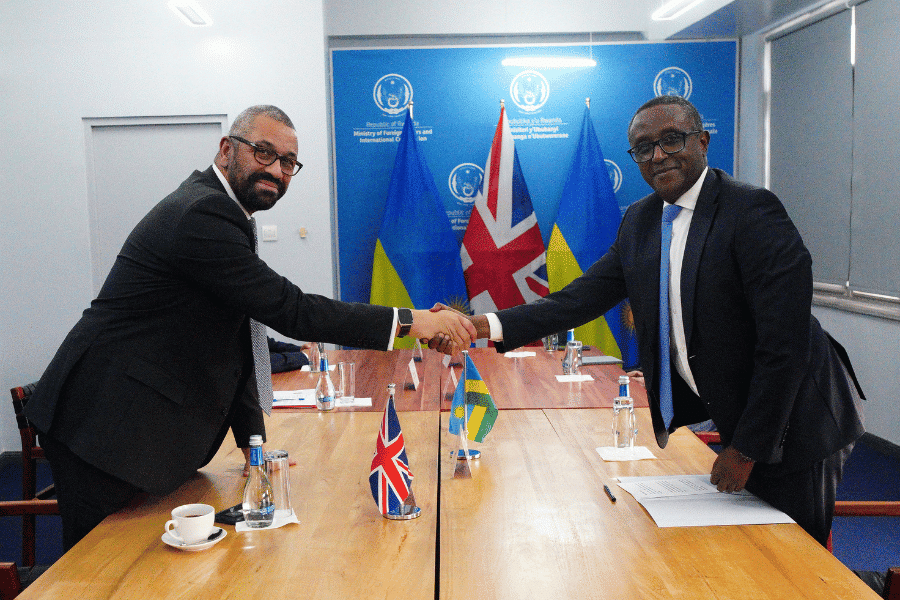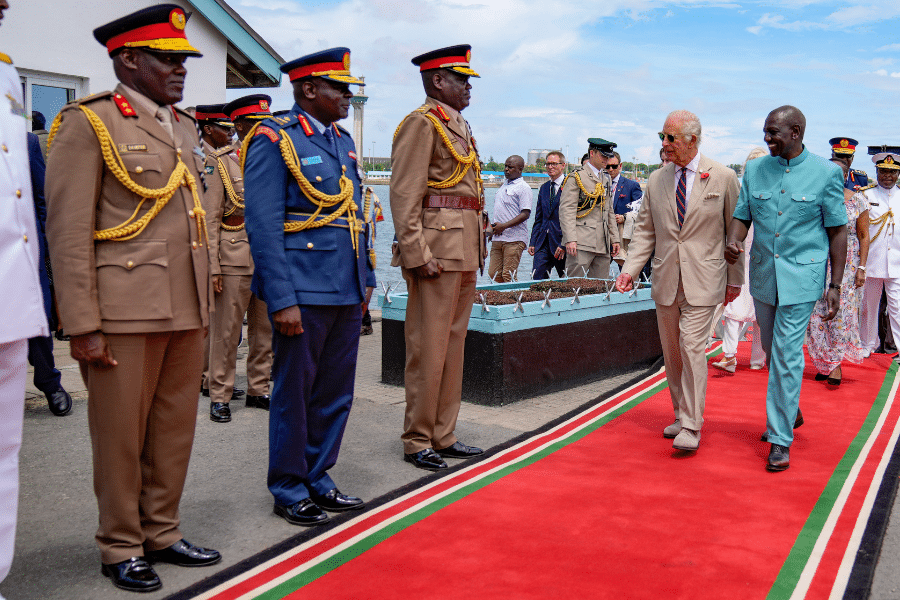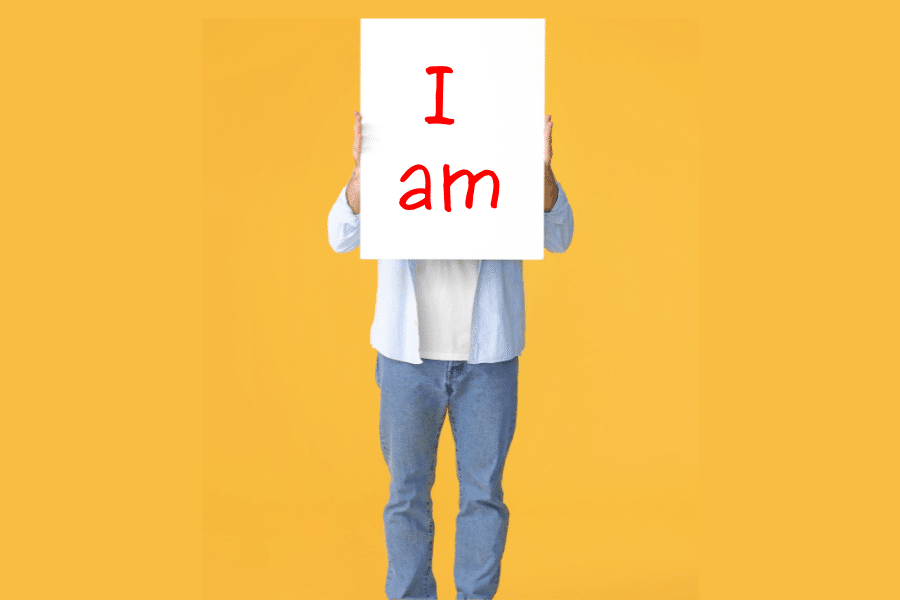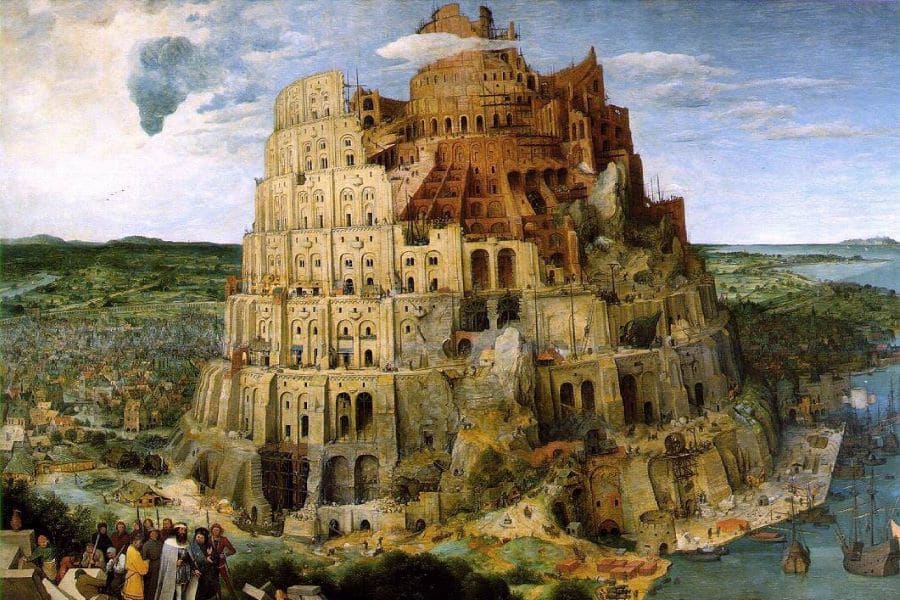
by Jeremy Solomons | 22 Jan 2024 | Africa, Human Rights, Politics
Britain wants to send migrants to Rwanda. The British court says that’s not safe. For our correspondent Rwanda is home — and a place people come to for safety. Home Secretary James Cleverly and Rwandan Minister of Foreign Affairs Vincent Biruta shake hands at a...

by Jeremy Solomons | 8 Nov 2023 | Africa, Decoder Replay, History, Human Rights, Politics
Modern colonialism was once preached as a force for global good. Now it is seen as a system of exploitation, oppression and enslavement. Britain’s King Charles III, on carpet left, and Kenya’s President William Ruto, on carpet right, attend a military...

by Jeremy Solomons | 17 Aug 2023 | Africa, Educators' Catalog, Health and Wellness, Personal Reflections, Religion
We carry complicated identities inside us. But others see only the outside and they carry their own biases. That can result in privilege or prejudice. A man holds a placard. Photo illustration by News Decoder. This article was produced exclusively for News Decoder’s...
The way we perceive others and ourselves shapes our lived experiences and may result in privilege or prejudice. In this article, correspondent Jeremy Solomons reflects on his own identity as a Jewish man who grew up in England with Lebanese and Persian heritage.
Exercise: Read the article with your class. Then, introduce the Big 8 Identities as a framework for understanding the complexities of identity. Independently, students should identify their Big 8, then discuss the implications of these identities in small groups of three or four. Which elements of your students’ “Big 8” may grant them privilege or subject them to prejudice? How might this change given various cultural contexts? Note: A level of trust and comfort is required for this activity to run effectively.

by Jeremy Solomons | 12 Jul 2023 | Americas, Economy, Journalism
A young reporter once exposed the lies of a prime minister. That reporting had global repercussions. Then came the backlash. Scene from a beach on a Caribbean island. (Credit ViliamM/Getty Images) This article was produced exclusively for News Decoder’s global news...

by Jeremy Solomons | 21 Sep 2022 | Culture, Educators' Catalog, Personal Reflections
English may be the world’s lingua franca, but it can be full of bias. The words we choose can make us better global citizens — or destroy understanding. The Tower of Babel, by Pieter Brueghel the Elder (Wikimedia Commons) “Language is the road map of a...
Global events are often reported from a U.S.-centric or Europe-centric perspective. Articles from the United States are peppered with analogies from baseball or American football, or are derived from a history of slavery. Stories from British papers often include language from colonial times. Correspondent Jeremy Solomons teaches us that to be a good global citizen, we need to take a look at the words we use and make sure they can be understood and accepted by people in different regions and from different demographics. Solomons shows us what it means to develop a global mindset.
Exercise: Solomons provides examples of words that might be problematic on a global level, such as “break a leg” and “come out of left field.” Can your students think of expressions that are unique to their country or region, and can they find a way to say the same thing in ways that might be better understood by someone from a different country and culture?





